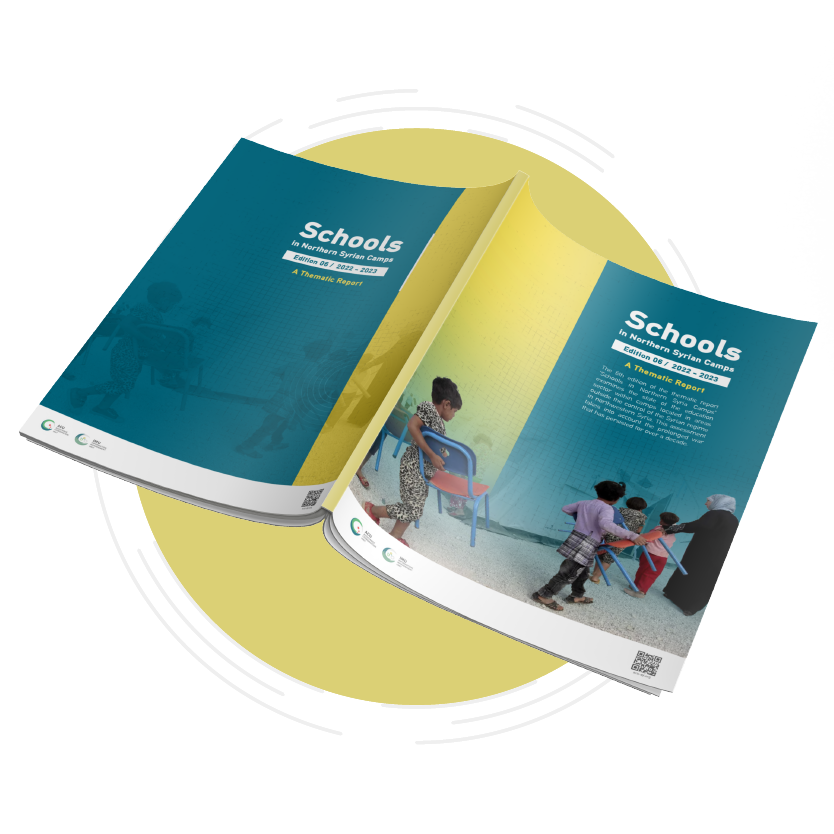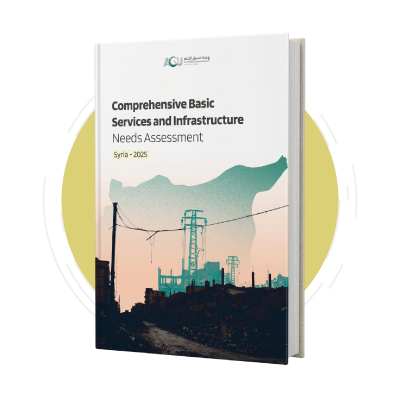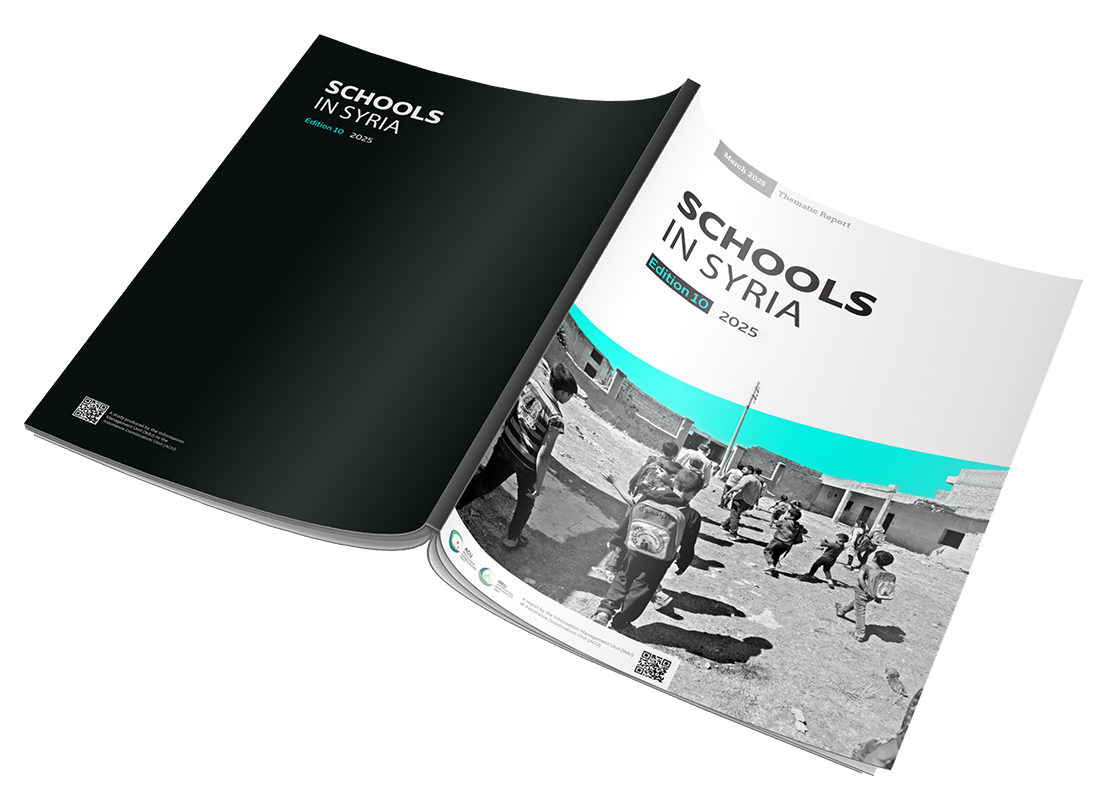Context and Rationale
The “Schools in Northern Syria Camps” study focuses on monitoring the education sector in displacement camps in Idleb and Aleppo governorates. Its primary objective is to provide insights into the current state of schools, the needs of schools and teachers, and the perspectives of stakeholders such as teachers, school principals, parents, and students. The study also aims to identify the challenges faced by students in schools and the barriers they encounter in accessing education.
Furthermore, the study examines various indicators related to child protection and assesses whether the schools meet the standards set by the International Network for Education in Emergencies (INEE) and the Sphere standards. By collecting comprehensive data, the study aims to provide a comprehensive overview of the education landscape in the camps.
Data collection for the 6th edition of the study was conducted during the first semester of the 2022-2023 school year. It covered 208 schools situated in 189 internally displaced persons (IDP) camps in areas outside the control of the regime in northern Syria. The study utilized a primary survey of the schools in the camps, as well as four perception surveys conducted with school principals, teachers, students, and parents. A total of 1,516 electronic forms were completed, consisting of 208 primary school surveys and 1,223 perception surveys. The data collection process concluded on January 5, 2023.
Key messages
- Out of the internally displaced persons (IDP) camps in northwest Syria (NWS), only 189 camps have schools, while 1,270 camps do not have educational facilities. Considering the growing population in these camps, the study recommends several measures to improve the education situation:
- Establishing New Schools or Classrooms: Efforts should be made to establish new schools or create additional classrooms in existing schools to increase the enrollment rate and reduce dropout rates. This will ensure that more children have access to education.
- Updated Curricula and Sufficient Textbooks: It is important to provide updated versions of school curricula and an adequate number of textbooks. This will allow all students to have access to current information and enhance their learning experience.
- Inclusive Education for Children with Disabilities: Schools should be supported to ensure access for children with disabilities and promote their integration into the education process. This includes providing necessary support services to meet their specific needs.
- Financial and Training Support for Teachers and Schools: Teachers and schools need financial resources and training opportunities to enhance their capabilities. This includes support for professional development programs to improve teachers’ skills and knowledge, ultimately benefiting the education system as a whole.




